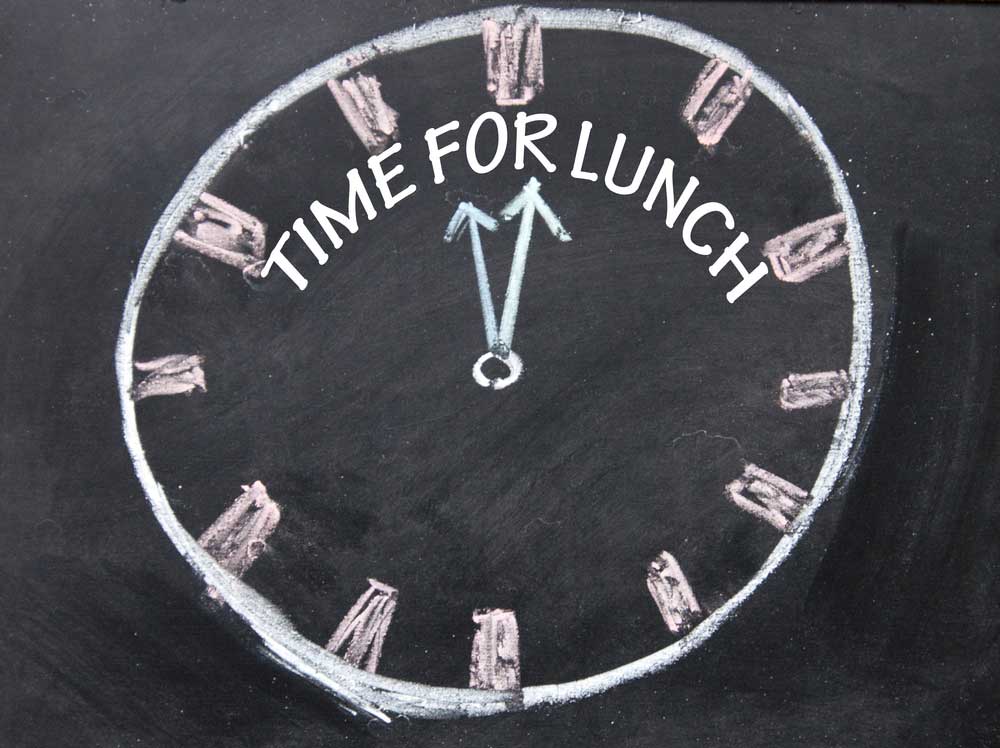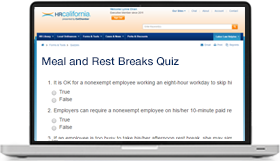
Should you work less than four hours during a shift, your employer is not required to give you a paid rest break.California law states your employer is required to give you a paid 10-minute rest break if you work at least four hours during your shift.When disputes involving paid or unpaid meal breaks arise, don’t let yourself get cheated out of the income you deserve. However, if this occurs, you must agree to it in writing.

In cases where you cannot be relieved of all duties, your employer must give you an on-duty, paid lunch.

Whether it will be a paid break is left up to the discretion of the employer. The second break can be waived if the workday exceeds 12 hours.Those who work ten hours are entitled to a second 30-minute unpaid break.When working in a California restaurant or other establishment, your employer must, by law, give you a 30-minute lunch if you have worked more than five hours.If you are working in a restaurant and getting barred from taking them, your best option is to consult with a lawyer. Bona fide meal breaks are structured to relieve employees of their responsibilities for at least 30 minutes. Some employers will create a new definition for “bona fide” breaks in attempts to skirt state and federal laws. If this is not happening for you, speak to a Los Angeles lawyer for rest and meal breaks at Mann & Elias. Thus, if a person continues their work duties during a scheduled break, such as a receptionist operating a front desk or a server getting something to eat while continuing to wait on tables, they are required to be paid for this time. For instance, federal law does require employers to pay employees for all hours worked, including lunch breaks. Under federal law, paid and unpaid breaks often come into question when disputes arise between employees and employers. Breaks should not get forced onto an employee they must choose between working through a scheduled break period or accepting a rest period.Īt Mann & Elias, we understand both the toll restaurant work can take on you as well as the protections for restaurant workers in Los Angeles.In 2012, the California Supreme Court ruled that employers have met their obligations after relieving workers of their duties for half an hour – including the ability to leave the worksite.When employers overlook these laws and force employees to work through breaks, they should contact an attorney for a consultation.California requires all employers to give their employees unpaid meal and rest breaks.While federal laws may not protect restaurant workers completely, state laws in California are very different. If you have problems with your employer over meal and rest breaks, discuss your concerns with an employment attorney in Los Angeles. While federal law may not make these breaks mandatory, state laws in California tell an entirely different story.

Businesses realize fatigued and hungry employees are likely to be less productive. Instead, breaks are offered out of courtesy and company policy. However, whenever questions arise about these breaks, employees are shocked to learn federal laws do not mandate employers to provide them to workers. No matter where you work in California, chances are you have regularly scheduled meals and rest breaks built into your shift.


 0 kommentar(er)
0 kommentar(er)
